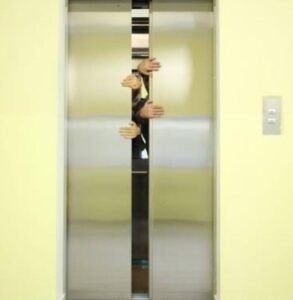What is Specific Phobia?
Specific phobia is an intense and irrational fear of a specified object or situation. A phobia is an excessive fear that results in avoidance of the situation or extreme distress. Some phobias are centered on a specific fear object, while others are complex and tied to different situations or circumstances.
Treatment for Specific Phobia
Medicines may sometimes be prescribed to help people manage physical and emotional reactions associated with phobias. Such medications are usually most effective when paired with psychotherapy. Exposure therapy and cognitive-behavioral therapy (CBT) are the two psychotherapy techniques that we use to treat phobias. Exposure therapy involves gradual and progressive exposure to the feared object or situation. Such exposure is paired with relaxation strategies until the fear reaction is reduced or extinguished. Cognitive Behaviour Therapy involves helping people learn to identify and then change the automatic negative thoughts that contribute to phobic reactions.

